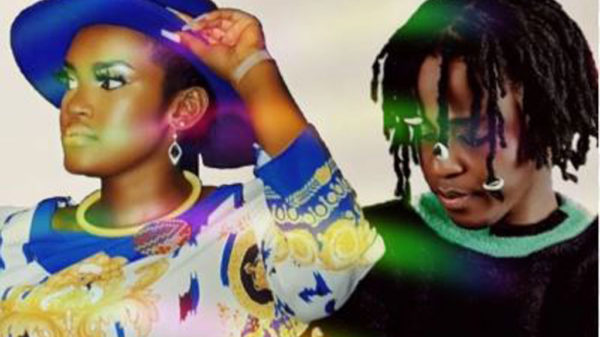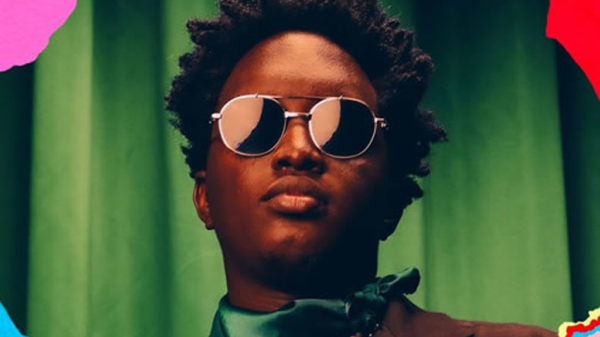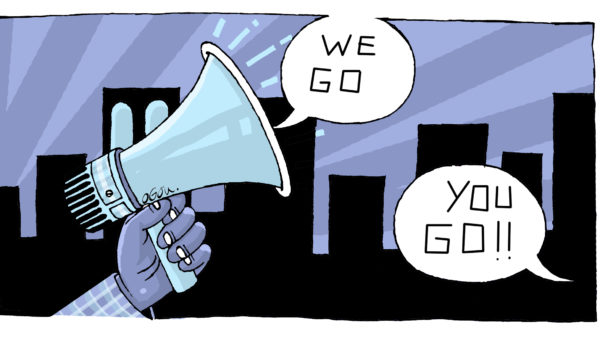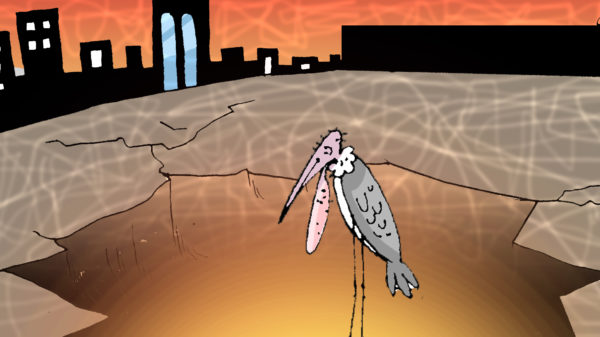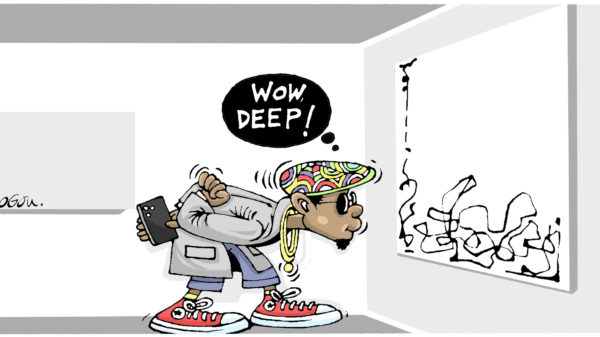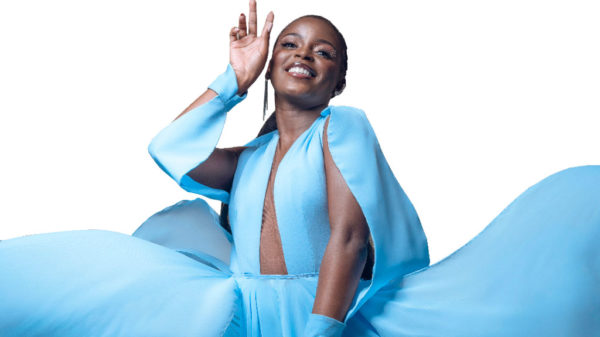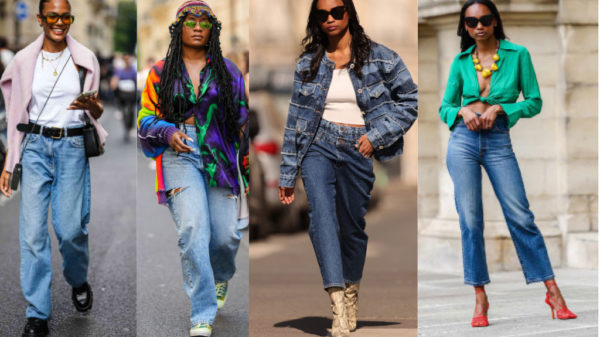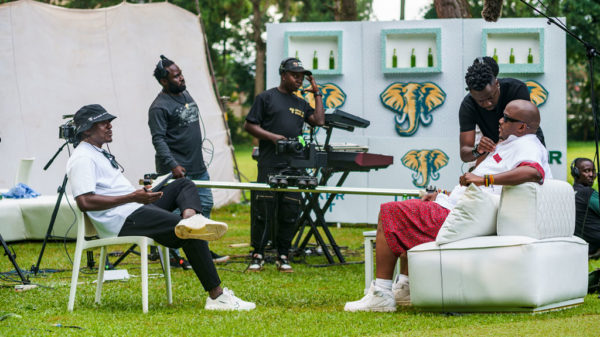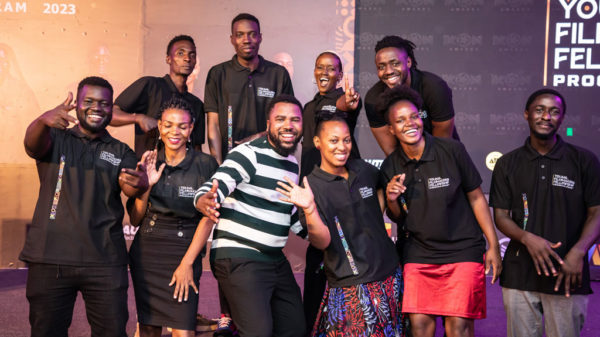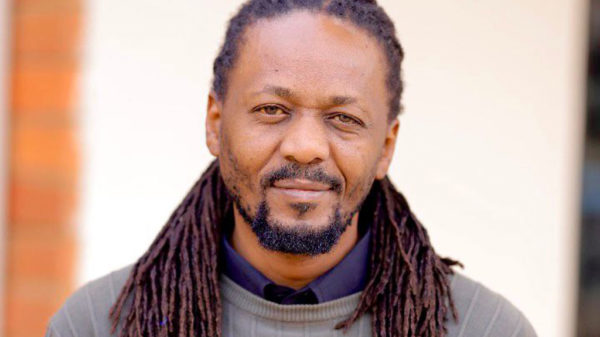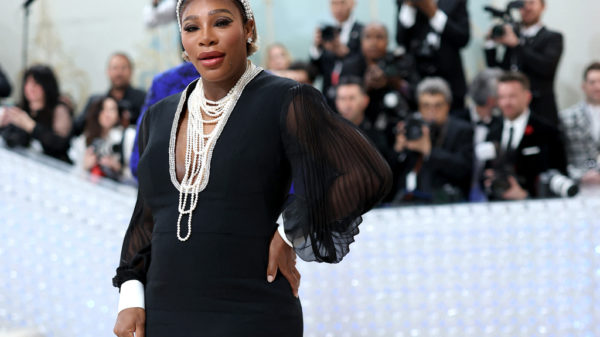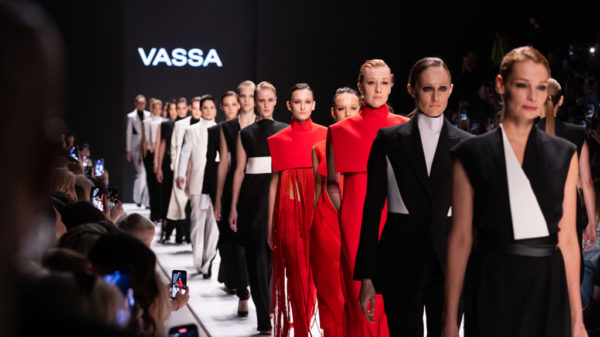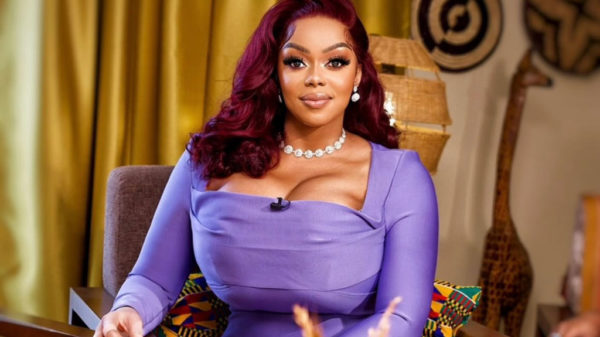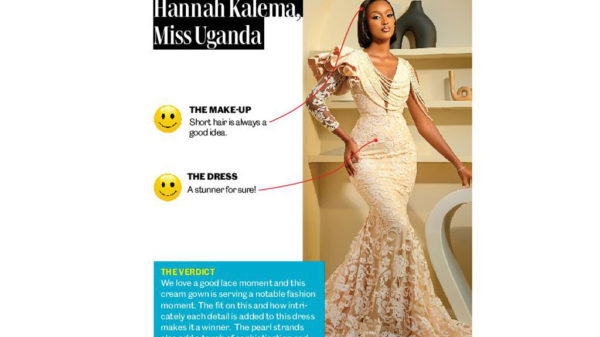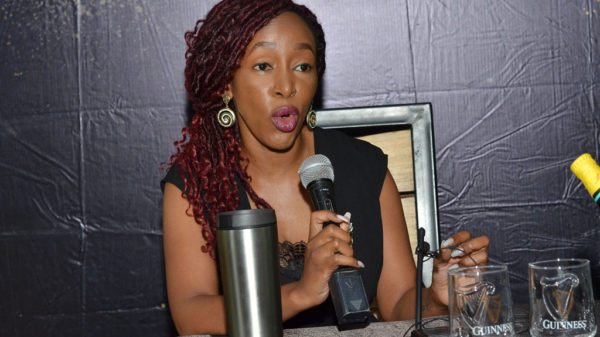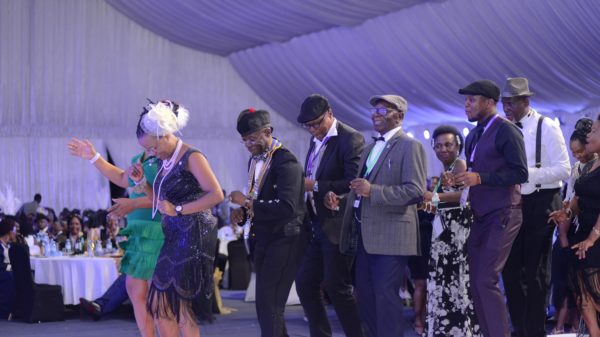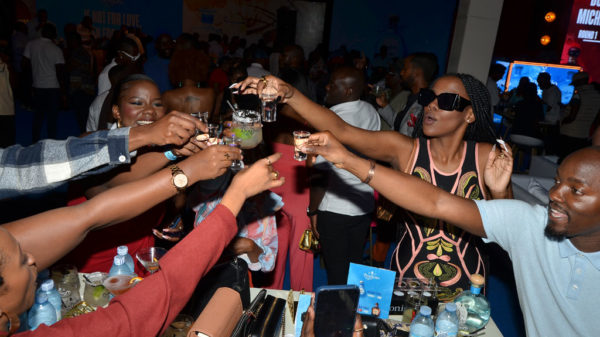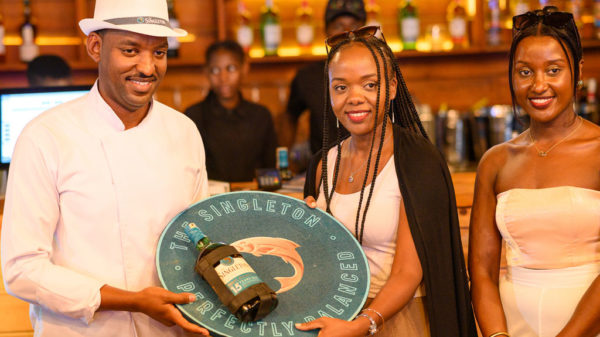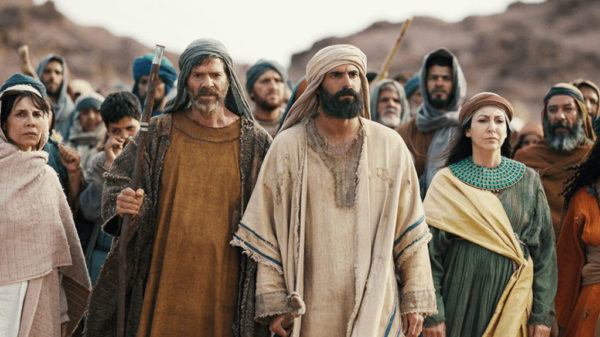
Resolve. During an artiste meeting at Jahazi Pier last Friday, artistes resolved to among other things, write letters to the ministry of Gender seeking clarity on who the laws will specifically affect. PHOTOS BY Isaac Ssejjombwe
TIGHTENING GRIP: Early this month, the ministry of Gender released a statement documenting 20 proposed laws and regulations that seek to streamline the work of artistes and the music industry. The proposed laws caused an uproar among artistes. Isaac Ssejjombwe & Andrew Kaggwa look at the foundation of Uganda’s music industry and how the laws may affect the industry.
For a long time, art has been called the way of life, for it has no limits both in consumption, practice and dissemination.
And it is this nature of art that has made it a tool many have used to pass messages, for instance, in the earlier years of Uganda’s current government, performance art was strongly used as a tool to combat HIV/Aids through film, song and stage dramas.
Later in the years, people would sing about other things such as the road carnage, importance of agriculture, culture, religion and love, among other topics.
Yet as all these messages were being passed on, musicians and creatives always stayed at the footnote of the society — even when many of them had done courses such as Music Dance and Drama at university, they were mostly labelled Musilu Dala Dala to reflect the disdain and little respect they attached to art.
It was in the trenches of the society that Menton Summer, Emperor Orlando, Ragga Dee and Mad Tiger, among others started forging a style similar to the Jamaican acts whose music had started penetrating the market, thanks to the introduction of FM radio in 1993.
By the time Bebe Cool left Nairobi, Ugandans had already embraced his junior, Chameleone’s, Mama Mia and much as the industry was not promising much monetarily, it was rapidly changing.
Bars and restaurants had appreciated the classic, making Chameleone a fast household name. The tension that later rose between Chameleone, Bebe Cool and a relatively new artiste, Bobi Wine, got the country’s attention on the three and as you may know, they did not disappoint.
They took their anger and made art with it, giving Ugandans famous songs, some of which, the lyrics were fast embedded in the local lingual.
Of course the fame came with money, egos, legacies and above all ambitions.
Influence of art
Since art was something authorities never believed in or funded like agriculture or sports, it managed to get to people’s homes and hearts preaching all sorts of messages.
Bobi Wine’s songs Ghetto and Ronald Mayinja’s Tuli Kubunkenke released in 2005 became soundtracks to Opposition politicians’ campaign trails in 2006.
Yet again, even when President Museveni had Kads Band and Bebe Cool release an album in support of Kisanja, because of the image they always had of the arts, neither Mayinja nor Bobi Wine were ever considered influential.
It has only been after the rise of Bobi Wine from an artiste to a legislator and later a political force that many have opened their eyes to the influence and power art can possess.
And of course even many unfortunate events such as artistes having a demand bigger than their ability to be available in all places and thus missing concerts.
The line ministry of Gender and Labour has recently moved to regulate the industry that has not been regulated since 1943. Like you could imagine, the news was received with speculation.
The timing of the regulation has been suspect, considering the fact that 2018 was the year politics and art collided more than once.
The regulations
On January 7, the state minister for Gender and Culture, Peace Mutuuzo, while in Jinja noted that the government was going to table a motion that would better the arts industry. This was only seven days after Bobi Wine outed a religious themed political song, Tuliyambala Engule.
Nine days later, a document started circulating with more than 20 proposed laws and regulations that if passed, would not only streamline but change the way artistes create and express themselves.
Actor and filmmaker Joel Pryce Okuyo says much as some sort of regulation is needed for the industry, the language being used by the ministry is terribly suspect.
“When they speak about approving, how do you approve something you have not created or whose creation is not scripted,” he says, adding that art is a result of people’s creative ideas, which ideas he believes can never be qualified or approved by a party that is completely out of their making.
While addressing the regulations for the first time, Mutuuzo said since 1943, a lot has changed: “The industry has grown and created new job opportunities and risks that all need guidelines”.
Art being borderless, the thought of artistes being registered has had many questioning the procedure and qualifications. For instance, Richard Tuwangye, a comedian with Fun Factory, says art keeps evolving. Giving an example of motivational speakers or comedians, he says there were times these were not referred to as art disciplines, yet today, they employ people.
But of course regulations that ask artistes to create works that are at least 60 minutes long threatens the existence of art disciplines such as short films which are always under 40 minutes and short dramas, two of which are Uganda’s most exported form of art.

Resolve. During an artiste meeting at Jahazi Pier last Friday, artistes resolved to among other things, write letters to the ministry of Gender seeking clarity on who the laws will specifically affect.
Need for regulations
Tuwangye joins many artistes that believe regulations are needed, but says these should never tamper with the creative process or presentation.
“If I was to regulate, I would have explicit comedy only broadcasting or performed past midnight,” he says.
The explicit or vulgar nature of performances is one of the many things the regulations seem to dwell on. For instance, artistes are not expected to dress indecently or use words deemed as vulgar since such showcases, according to Mutuuzo, are a danger to the Ugandan culture.
In Okuyo’s view, many performing artistes express themselves in ways they see fit: “If we are talking about Ugandan culture, you will realise that some Ugandan cultures have a mini skirt as a traditional dress while others have women dancing with their chests out,” he says.
One of the insiders that requested anonymity noted that regulations are needed to map the art industry and he says at the moment, the industry has many briefcase associations that have made organisation hard since they all work to benefit their presidents.
“For instance, Andrew Benon Kibuuka is president of a federation that has never held an election since 2003. They have no office and he completely operates in his car,” he says.
Ronald Mayinja, one of the artistes who were present at the formation of the Federation of the Performing Artistes of Uganda, which Kibuuka heads, says while forming, they had resolved to have elections every two years to change leadership and create new committees, however, they have not met since.
Of course many believe that regulations will be the key for art replicating what sports enjoys – the existence of a ministry, a National Council of Sports and other bodies such as Fufa and Fuba for football and basketball, among others.
“At the moment, we are completely unregulated, which gives many people a chance to pretend like they are organising us,” noted one artiste who preferred anonymity, adding, “We are not against regulation, it is the specific regulations they wrote that we are against.”
Kibuuka’s role as a president of performers always comes on the line when such situations arise. For instance, last week, he claimed that he had seen the set regulations and was going to sit with his team and assess them.
“There has never been a time when the ministry of sports went out of their way to set rules for football, Fufa does that. But we have an industry with a federation as old as 16 years and our rules are drafted by the ministry, then what exactly is the federation doing?” one questioned.
Godfrey Musinguzi, an art entrepreneur and one of the founders of Uganda Cinema Night Kampala, says regulations are needed but government needs to invest in the process.
“They should start from the grass roots and create a system, consult people that understand how the creative economy works before coming up with poorly informed regulations”.
Some sections of the laws:
Registration: No person shall perform unless they are registered as a performing artiste with the ministry responsible for culture in Uganda. This
Approval: An artiste or entertainer shall submit their works for documentation and approval by the Uganda National Culture Forum.
Certificate: Any artiste or entertainer who performs any stage plays or public entertainment without a valid practising certificate shall be punished.
Drugs: No artiste will go to perform on a public stage after taking drugs prohibited by laws in Uganda.
Foreign shows: No performing artiste or group of performing artistes shall stage performances abroad without clearance from the minister responsible for culture in Uganda.
Multiple bookings: All performing artistes or a group of performing artistes shall not enter into other public performance contracts on the same day at different venues unless such other performances shall be held at least four hours after the end of the preceding performance.
Artistes resolve
Last Friday, a group of art stakeholders held an emergency meeting at Jahazi Pier in Munyonyo to discuss a way forward.
The meeting chaired by actor, producer and director John Segawa, had artistes David Lutalo, Catherine Kusasira, Eddy Kenzo, Hanington Bugingo, Mayinja, Mesach Ssemakula, Wyclif Bukenya, Joel Sebunjo and Lydia Jazmine, among others in attendance.
They resolved on drafting two letters by lawyers Sylvia Mbabazi Kobusingye and Norman Mbabazi. The first letter will be addressed to the permanent secretary in the ministry of Gender to simply ask whether the new laws that were drafted are actually supposed to go through her ministry and if it is the case, what will happen to the rest of the performing art genres such as poetry, dance, public speaking and theatre readings that were left out.
The second letter will be addressed to the federation of performing arts, asking or inquiring whether they were represented at the drafting of the regulations. If they were, the letter will seek if the representatives have the mandate to do so and in what capacity they represent the industry.
But above it all, other sections of industry stakeholders have totally rubbished the regulations as non-communicating and thus tasking the ministry to come out and state who exactly they are talking to, artistes or artists as the documents seem to interplay with the two different types of creatives.
What artistes say
While some might be harsh, others are going to benefit us as musicians, for example the law of having limited performances. I am grateful because by then we will be performing at less events but with bigger bargaining power.
Catherine Kusasira
How can my talent be restricted by anyone? I sit, think of something, write it down, go to studio, compose and later release my thoughts and you just sit in your office and make your laws on my talent? That is so wrong.
Eddy Kenzo
Our general freedom of speech and expression has been stepped on.
Cindy





